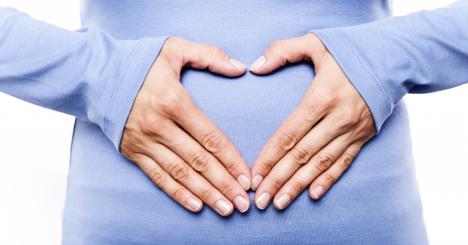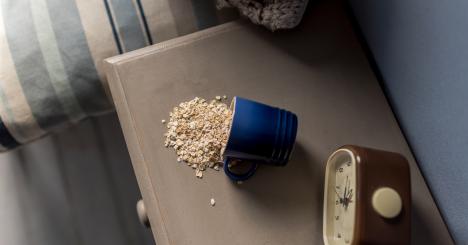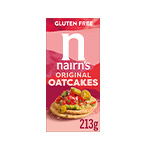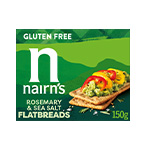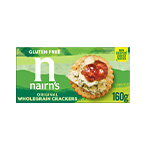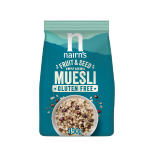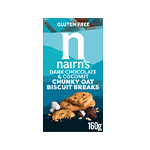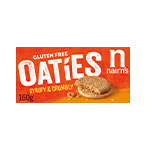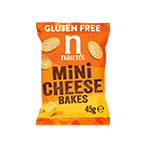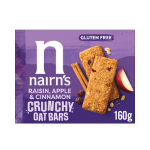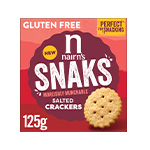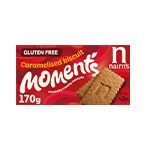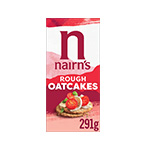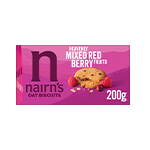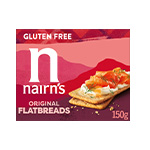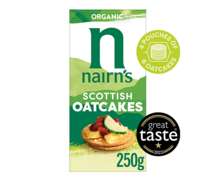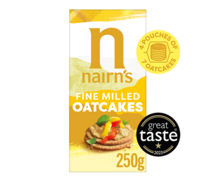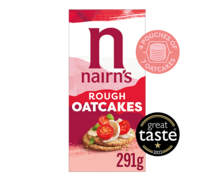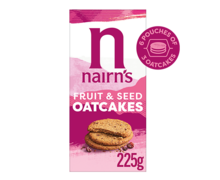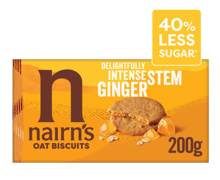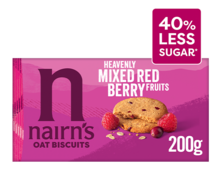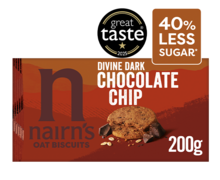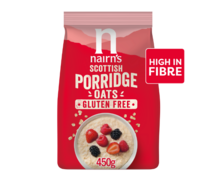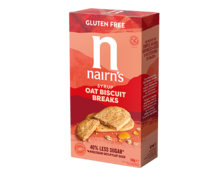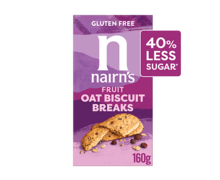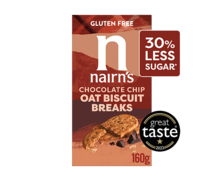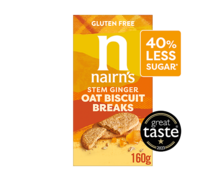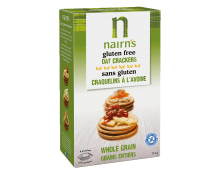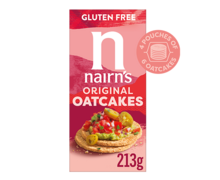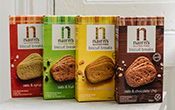
Nutritionist Patrick Holford gives his top tips on how to help banish bloating for good….
Two in three people experience bloating after meals, according to my 100% health survey of 59,000 people’s digestive health. The results found that two in three people were bloated after eating, eight out of ten don't go to the loo every day and a quarter of women complain of irritable bowel syndrome (IBS).
However, most digestive problems are easily resolved with four simple action:
- Increasing soluble fibre from oats
- Stop eating modern wheat
- Digestive enzyme and probiotic supplements
- Food intolerance testing
Increasing soluble fibre
Healthy digestion depends on healthy elimination. You should have a bowel movement, without straining, twice a day. Contrary to popular belief eating lots of fibre such as bran doesn’t make much difference. However, increasing solublefibres, which are the kind found in oats and also chia seeds, does. The easiest way to increase your intake of oats is to have oat-based cereal, choose oatcakes instead of bread, and only eat oat biscuits. Nairn’s have the widest selection of oat foods in this regard.
The most super-soluble fibre of all, absorbing one hundred times its weight in water is called glucomannan. Just 1.5 grams a day (that’s two capsules or half a teaspoon) has a significant effect in relieving constipation and promoting healthy gut ecology with more beneficial bacteria, according to a study in China.[i]Glucomannan is available in the UK as Carboslow®, either in capsules or powder, always taken with a large glass of water, available from www.HOLFORDirect.com.
Wheat belly
The most common food linked to bloating and IBS is wheat. Most people who report being sensitive to wheat, don't have an actual allergy. Professor Francesco Sofi, at the University of Florence, had a hunch that it might not be wheat per se, but gluten and other proteins have been changed in modern wheat compared to that of ancient wheat. So he devised a randomised double-blind study involving 20 people with IBS to test his theory.[ii]The participants were given foods (bread, pasta, biscuits, bulgur) made from either modern wheat or ancient organic Kamut ‘khorosan’ wheat. This is the same wheat that was eaten thousands of years ago and is genetically much simpler compared to modern wheat. They were randomly assigned to eating either modern wheat products or Kamut products for six weeks at a time.
During the modern-wheat weeks they had no improvement, however when they were unknowingly eating Kamut products, everything got better. They reported significantly less bloating, abdominal pain, irregularity and tiredness. Every single person in the study reported benefit. Also, convincingly, markers of inflammation in the blood, which are usually raised in people with IBS, all reduced. So, it’s best to avoid modern wheat, choosing gluten free foods such as oats, oatcakes and biscuits, and try Kamut pasta, bulgur and bread. Nairn’s have a wide selection of gluten-free products that are rich in soluble fibre.
Food intolerance testing
The most common kind of immune reaction against foods isn’t a food allergy but a food intolerance, which leads to the production of IgG antibodies. IBS sufferers have much higher levels of these IgG antibodies, say researchers at London’s St Georges Hospital Medical School[iii], and when they avoid their intolerant foods, symptoms such as bloating and indigestion get much better.
This was put to the test in a study at the University of South Manchester.[iv]They tested 150 IBS sufferers with a YorkTest food-specific IgG antibody test, a pin prick home test that you send back to the laboratory, and then gave their doctors either the real or fake results. Only those following a diet eliminating their food intolerances had relief from IBS. What’s more, those who stuck to it the most strictly had the best results.
Many people with IBS suffer terrible bloating and gain weight. Cathy was a case in point: ‘When I say I was “bloated” it doesn’t really do justice to my symptoms. I was asked on a regular basis if I was pregnant and when was I due. It was humiliating.’
Since avoiding her offending foods Cathy’s bloating has gone and she lost over 30lbs in weight in 7 months. “I have increased energy levels. My depression has totally lifted and my whole attitude to food and life has changed. I am delighted to see my body changing and my new shape. My confidence levels have soared and I couldn’t be happier.”
Digestive enzymes and probiotic support
Every day, your body produces a staggering 9 litres of digestive juices contain enzymes to digest your food into tiny particles ready for absorption. Some people produce insufficient amounts of certain enzyme that digests beans and greens. Many older people produce too little stomach acid so can’t digest protein properly and get belching as a result, which leads to heartburn.
“Indigestion is a very common cause of bloating. The best results happen by combining digestive enzymes with gut-friendly bacteria. Many people learn to take digestive enzymes with a meal containing a challenging food, such as beans or greens, to support healthy digestion.” Digestpro is a comprehensive digestive enzyme supplement with Lactobacillus Acidophilus and Bifidobacteria, available fromwww.HOLFORDirect.com.
Dig deeper: ReadImprove Your Digestion, available from www.patrickholford.com.
REFERENCES
[i]Chen, H., et al., ‘Supplementation of konjac glucomannan into a low-fiber Chinese diet promoted bowel movement and improved colonic ecology in constipated adults: a placebo-controlled, diet-controlled trial’,J Am Coll Nutr.2008 Feb;27(1):102-8
[ii]Sofi, F., et al., ‘Effect of Triticum turgidum subsp. turanicum wheat on irritable bowel syndrome: A double-blinded randomised dietary intervention trial’, Br J Nutr, 2014, Jun;111(1):1992–9
[iii]Zar, S., et al, ‘Food-specific serum IgG4 and IgE titers to common food antigens in irritable bowel syndrome’, American Journal of Gastroenterology, 2005; 100:p1550–7; see also Zuo X. et al(2007) Alterations of food antigen-specific serum immunoglobulins G and E antibodies in patients with irritable bowel syndrome and functional dyspepsia. Clin Exp Allergy37:823-30
[iv]Atkinson, W., et al., ‘Food elimination based on IgG antibodies in irritable bowel syndrome: A randomised controlled trial’, Gut,2004;53:1459–64

